Food and beverage companies shift to future-ready operations
How F&B companies can navigate rising input costs, shifting consumer demands, tightening regulations and increasing supply chain complexity
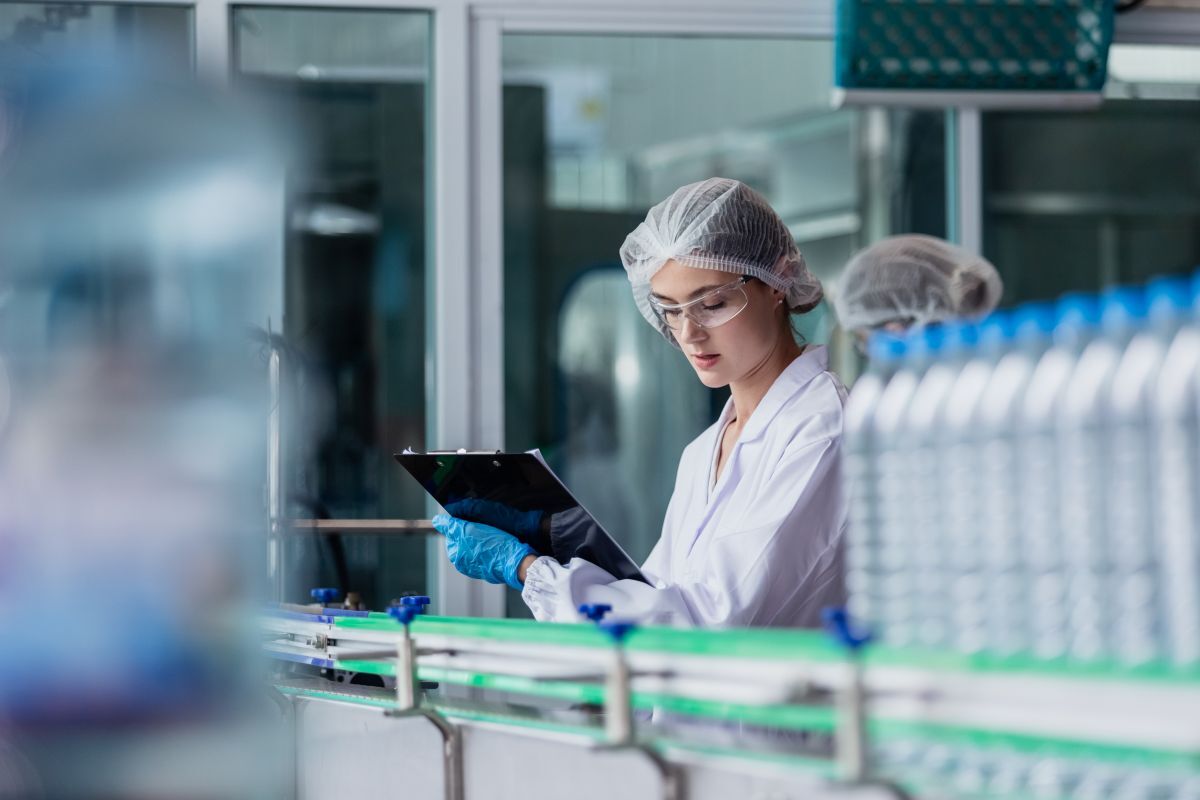
Global food commodity prices are still about a third higher than pre-Covid levels, according to the UN FAO Food Price Index. With significantly higher prices impacting margins, F&B companies need strategies to optimise costs by improving operational efficiency. Yet just 16 per cent of food and beverage processors expect to redesign or consolidate their plants in 2025. In this environment, operational efficiency is no longer about fine-tuning legacy systems; it requires reimagining performance through a more integrated lens. By evolving traditional lean, agile and six sigma (LASSi) methodologies into a future-ready strategy – one augmented by data, technology and adaptability – F&B companies can build more resilient, responsive, and sustainable operations.
This approach gives F&B companies a powerful framework to drive efficiency, adaptability and quality. Lean boosts process efficiency, agile enables faster response to market shifts and six sigma reduces variability through data. But the real leap comes when LASSi is integrated with digital technologies – shifting operations from reactive to proactive.
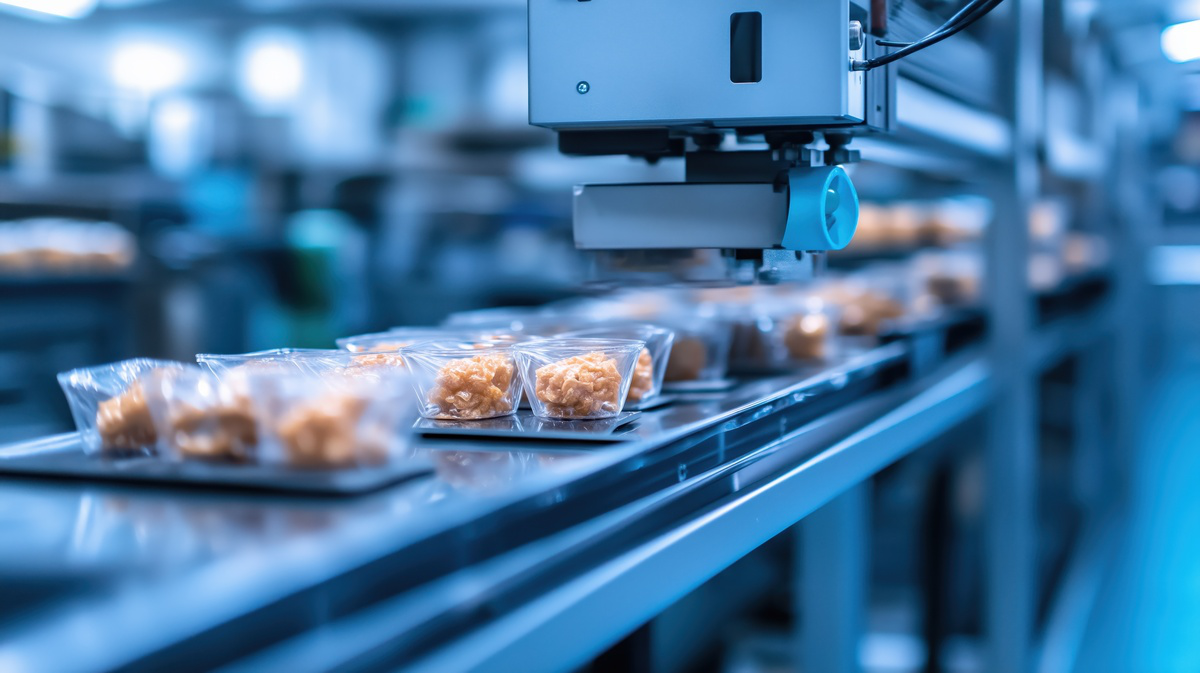
Lean foundations, digital liftoff
Operational makeovers that endure always start lean. Coca-Cola Hellenic Bottling Company cut the number of plants it runs by 30 per cent (from 80 to 56) between 2008 and 2021, yet boosted production lines per site by 44 per cent and trimmed distribution centres and warehouses by two-thirds, all while preserving overall capacity. Meanwhile, Nestlé’s Continuous Excellence programme couples lean methodologies with total productive maintenance (TPM). Since Nestlé launched the programme in 2008, it has delivered 5 to 6 per cent organic growth every year and realises roughly $1.7 billion in annual savings. This demonstrates how LASSi boosts efficiency, capacity and growth – setting the stage for tech-driven gains.
Building on that lean base, efficiency now means redesigning work by integrating digital technologies with physical processes and materials. Unilever shows the leap: by pairing AI and robotics with 3D printing, it fine-tunes portion-controlled ice-cream packs – dosing each unit at the exact weight, volume and temperature consumers expect while keeping lines agile for shifting demand.
Looking to gain better return on investment (ROI) on promotions and compete with private labels, Kraft Heinz has taken an approach that marries tech investments with agile methodologies to develop its in-house capabilities in tandem with vendor partnerships. By integrating agile methodologies with tech, Kraft Heinz has shrunk its innovation timeline from three years to six months and improved promo ROI by 10 per cent using AI to better identify the right product mix for a region or retail location.
These examples show the importance of combining structural shifts – plant consolidation, supply chain reconfiguration – with tech adoption, such as AI, robotics or 3D printing. Applying this dual layer is what moves the dial.
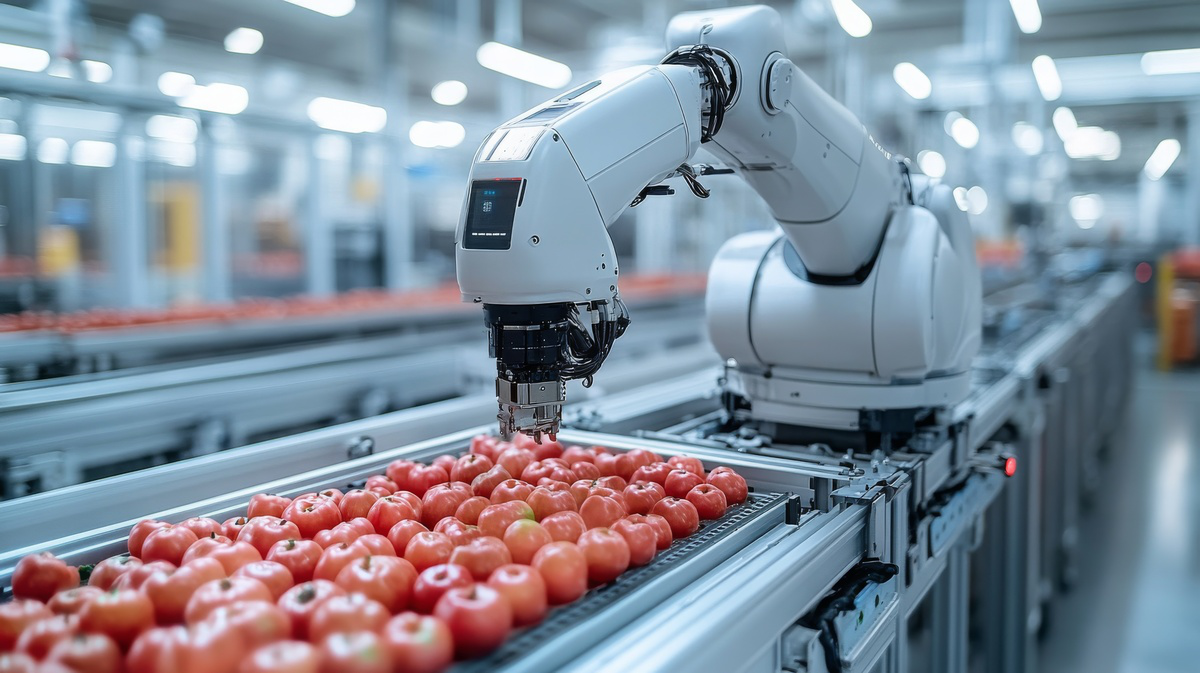
Address implementation challenges
These early wins set the stage for the toughest hurdle: implementation. Embedding a culture of accountability and continuous improvement helps break down resistance to change, while upskilling employees through continuous training in evolving LASSi principles eases labour market pressures and keeps frontline talent aligned.
Companies such as Starbucks, JBS6 and Mondelez are investing in education programmes that build future-ready skills – helping close the digital readiness gap while boosting employee retention. At Starbucks, for example, 75 per cent of participants show career growth after graduation.
Keeping training in sync with emerging methods and tech ensures skills keep pace. Long-term education partnerships close the readiness gap, and tomorrow’s winners will be those who cultivate talent as boldly as they deploy smart tools.
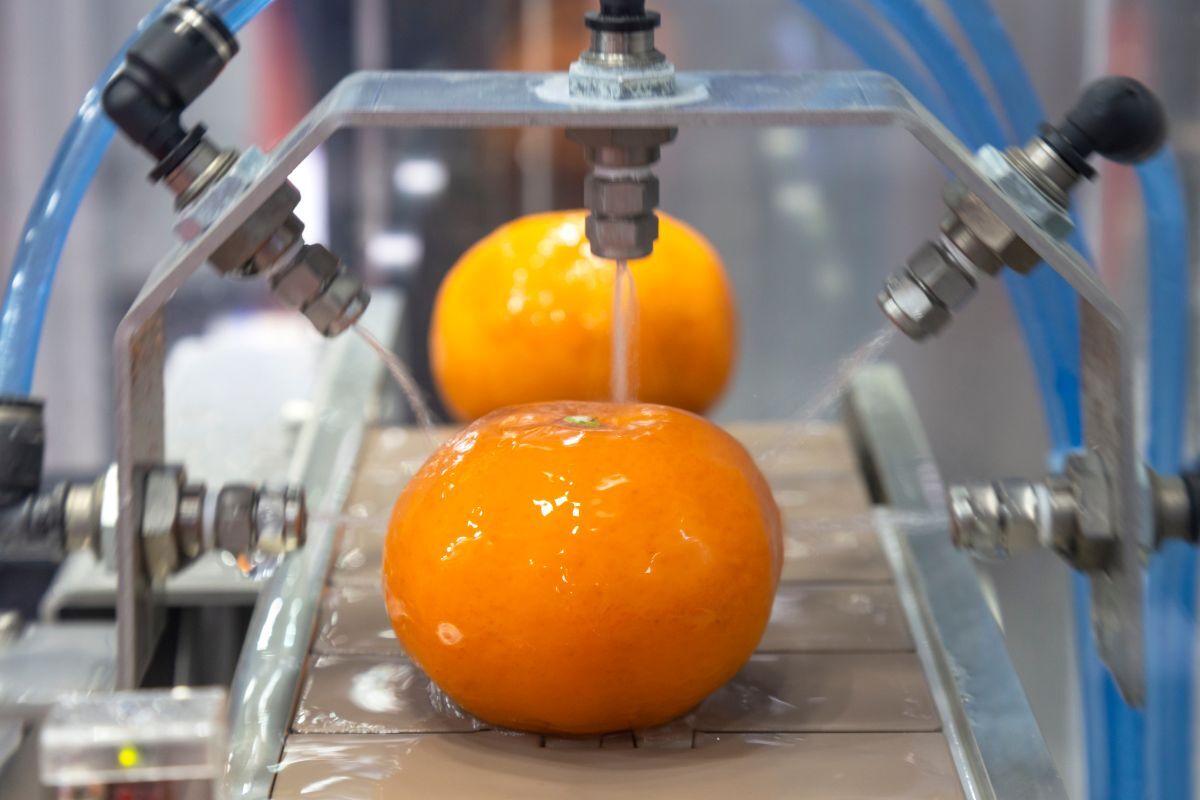
New ideas and technologies driving operational efficiencies
While LASSi methodologies remain a strong foundation for efficiency in the F&B sector, emerging technologies are reshaping what’s possible. Industry 4.0 and smart manufacturing – powered by IoT, AI and machine learning – are enabling smart factories with real-time decision-making, predictive maintenance and greater automation. Digital twins offer a way to simulate and optimise processes before implementation. Meanwhile, digital tools are driving sustainable manufacturing through circular economy models, renewable energy use and eco-friendly materials. Greater use of big data and analytics is enhancing supply chain visibility, demand forecasting and efficiency, while blockchain integration is boosting transparency and trust across operations.
As companies evolve their performance strategies, many are also blending core methodologies with complementary ones – such as total productive maintenance (TPM), theory of constraints (ToC) and sociotechnical systems (STS) – to address equipment reliability, process bottlenecks and the human-tech interface. Strategic frameworks such as Hoshin Kanri and innovation tools such as design thinking further enrich this mix. The result is a multi-lens approach that strengthens not just efficiency, but resilience and adaptability too.
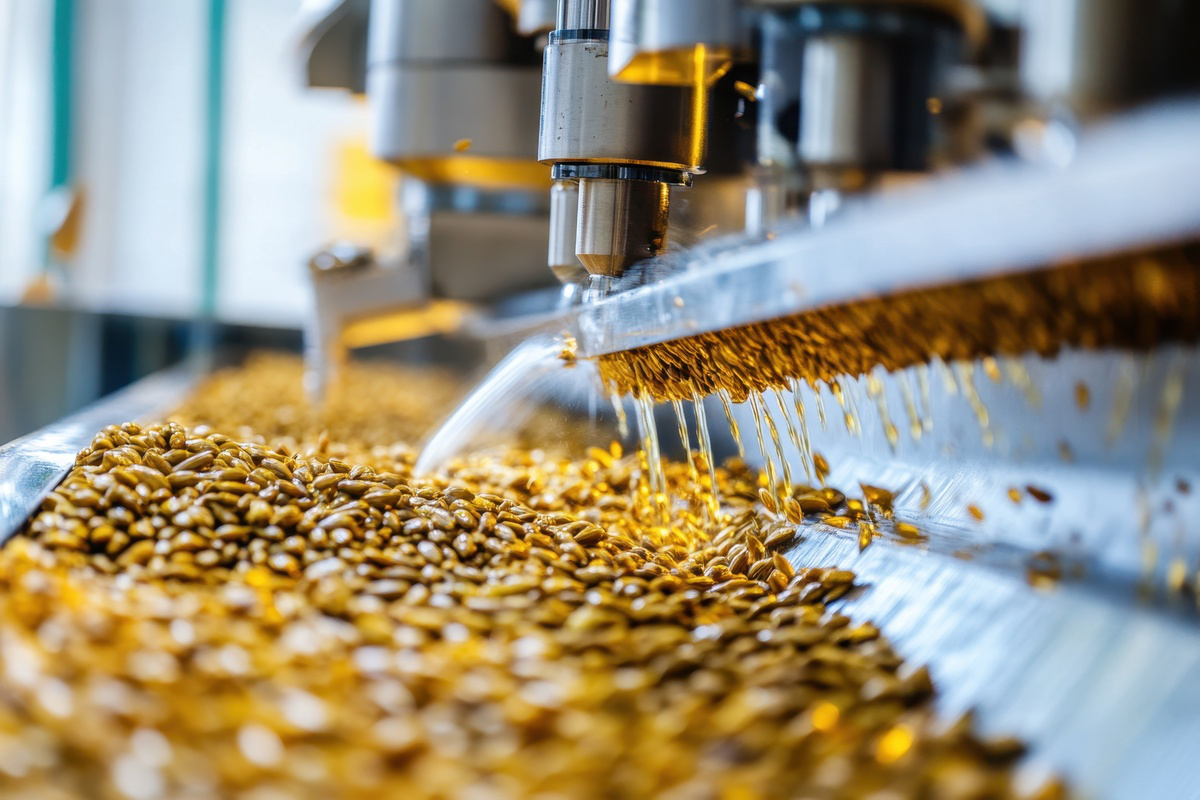
Amplifying methodologies to gain a competitive advantage
F&B pressures vary plant by plant, yet the winning playbook is the same: fuse foundational operational-excellence disciplines with smart tech and human-centric design. The blend yields quick wins – higher overall equipment effectiveness (OEE), lower waste, faster changeovers – while fortifying operations against regulation and demand swings. Emerging technologies don’t replace proven operational-excellence disciplines – they amplify them. Companies that keep iterating this trio – methodologies, machines and mindsets – will convert efficiency into durable competitive advantage.
For more information, visit consultdss.com
Marcos Salla, Global Director, Agriculture, Food and Beverage, dss+

Business Reporter Team
You may also like
Most Viewed
Winston House, 3rd Floor, Units 306-309, 2-4 Dollis Park, London, N3 1HF
23-29 Hendon Lane, London, N3 1RT
020 8349 4363
© 2025, Lyonsdown Limited. Business Reporter® is a registered trademark of Lyonsdown Ltd. VAT registration number: 830519543





